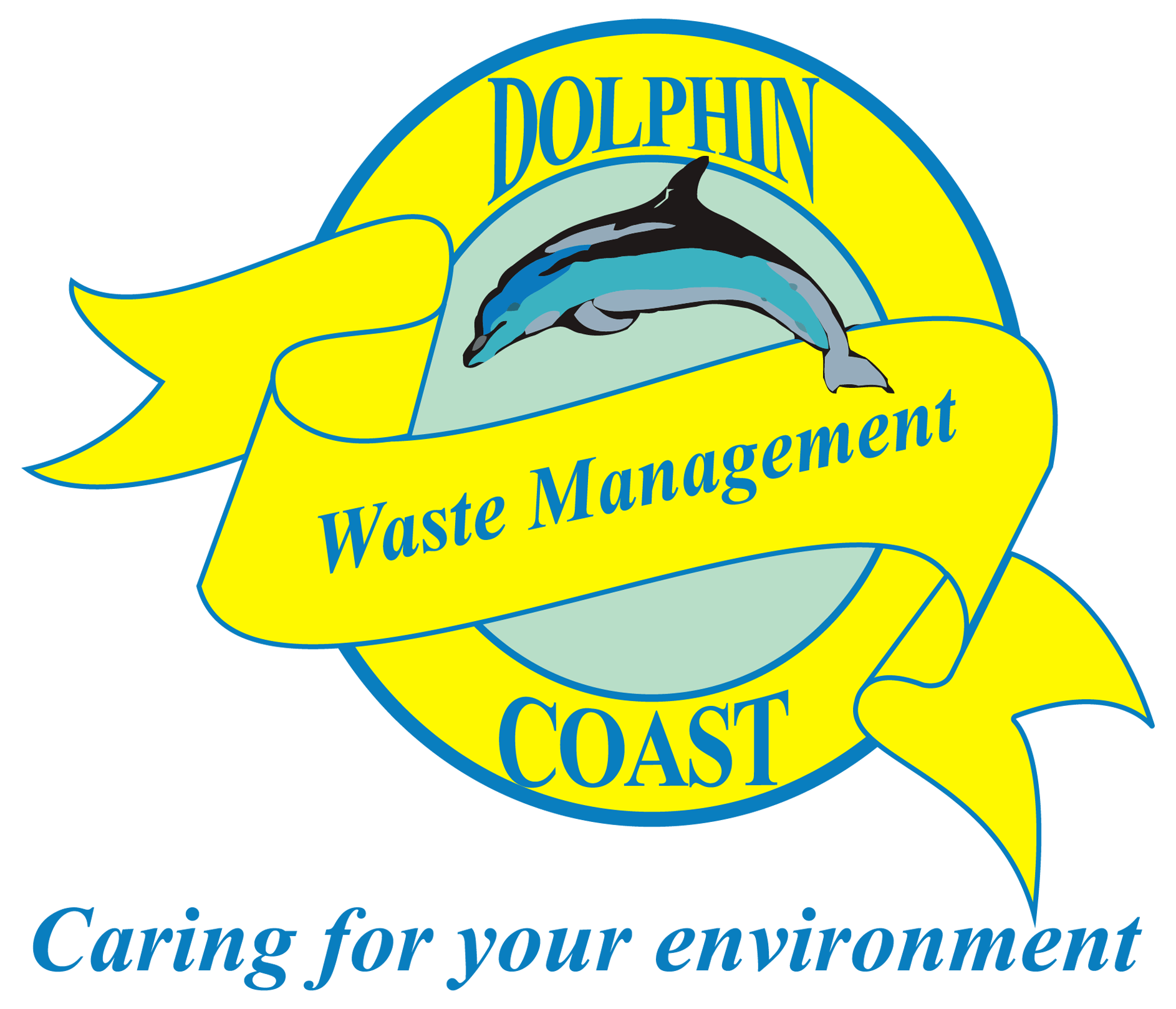RECYCLING
Waste recycling is the process of converting discarded materials into new products to promote the circular economy of waste. The circular economy strives to eliminate waste, keep resources in circulation and regenerate nature to protect our environment. Every time an item is recycled it diverts waste from landfill sites and reduces the impact on the environment.
DCWM’s services provide the support a customer needs to introduce recycling initiatives at their facilities. This programme offers a solution that is both cost effective and provides customers with detailed reports that enable them to track and report on the volumes of waste recycled.
A successful recycling operation requires segregated waste types. The information and reports provided by DCWM help customers to identify waste streams and ensure that they are properly collected and processed according to legislative requirements.
The following benefits have been identified by our customers:

Paper and Cardboard Recycling
Most paper can be recycled, reducing waste sent to landfills. There are a wide range of materials that can be made from recycled papers—including white paper (the most common),cardboard, newspaper, etc.—and all these products are worth rebates for recycling them!

Plastic Recycling
A great way to help protect the environment and reduce our carbon footprint. Recycling plastic reduces the amount of plastic waste that ends up in landfills and oceans, where it can be harmful to wildlife. Recycling one ton of plastic saves about 7 barrels of oil, 2,000 gallons of water, and 17 trees.
In order to properly recycle plastics, it is important to know which ones are recyclable. There are many different types of plastics and each type can only be recycled by specific processes. Some common examples include:
- Plastic bottles (PET)
- Milk bottles (HDPE)
- PVC
- Clear plastic bags
- Mixed plastic bags
- Sauce bottles

Glass Recycling
Glass is 100% recyclable and can be recycled indefinitely without losing its purity or quality. When glass ends up in the environment it can take thousands of years to decompose.
In comparison to market share the percentage of glass recycled is minimal in South Africa due to a lack of infrastructure. By recycling food and beverage glass we can help reduce the amount of glass ending up in landfills.

Can Recycling
Recycling aluminium cans and steel tins is a great way to save energy, cut back on waste, and reduce your carbon footprint. Aluminium is the most valuable recyclable in your waste bin. It can be recycled indefinitely and is highly durable. With nearly 75% of all aluminium ever produced still in use today, recycling this metal saves tremendous amounts of energy compared to producing new metal from scratch.
Steel tins are also very strong and durable. Recycling these items saves more than half of the energy needed to produce them from scratch. The process of recycling steel cans also creates jobs for local people and helps keep our environment clean!

E-Waste Recycling
The world's growing addiction to technology means that e-waste is on the rise. But instead of taking a trip to the landfill, you can recycle your electronic waste and make sure it doesn't end up in the environment.
E-waste recycling is essential because it ensures that hazardous components don't pollute the environment. E-waste includes all Electrical and Electronic Equipment (“EEE”) that runs on batteries or electricity, including but not limited to:
- ICT equipment
- Consumer electronics
- Small household appliances
- Large household appliances
- Lighting
- Cables

Organic Waste
The amount of organic waste we produce is staggering. In fact, it's one of the largest waste streams sent to landfill. It also accounts for roughly three quarters of our household garbage. And when food waste is sent to landfills, it produces methane, a greenhouse gas that's roughly 28 times more potent than carbon dioxide.
That's why recycling organic waste can make such a big difference! When you recycle your food scraps and garden materials, you're helping to prevent methane emissions while keeping your garbage out of the landfill. That means less greenhouse gases and less wasted space in landfills—which means a cleaner environment for us all to live in.
